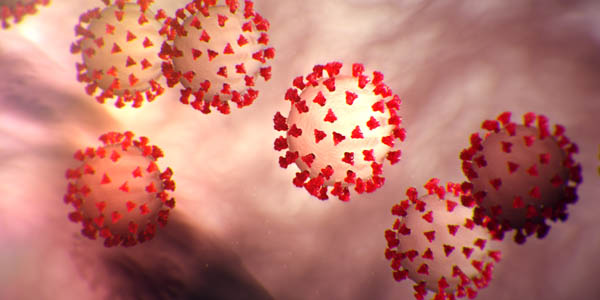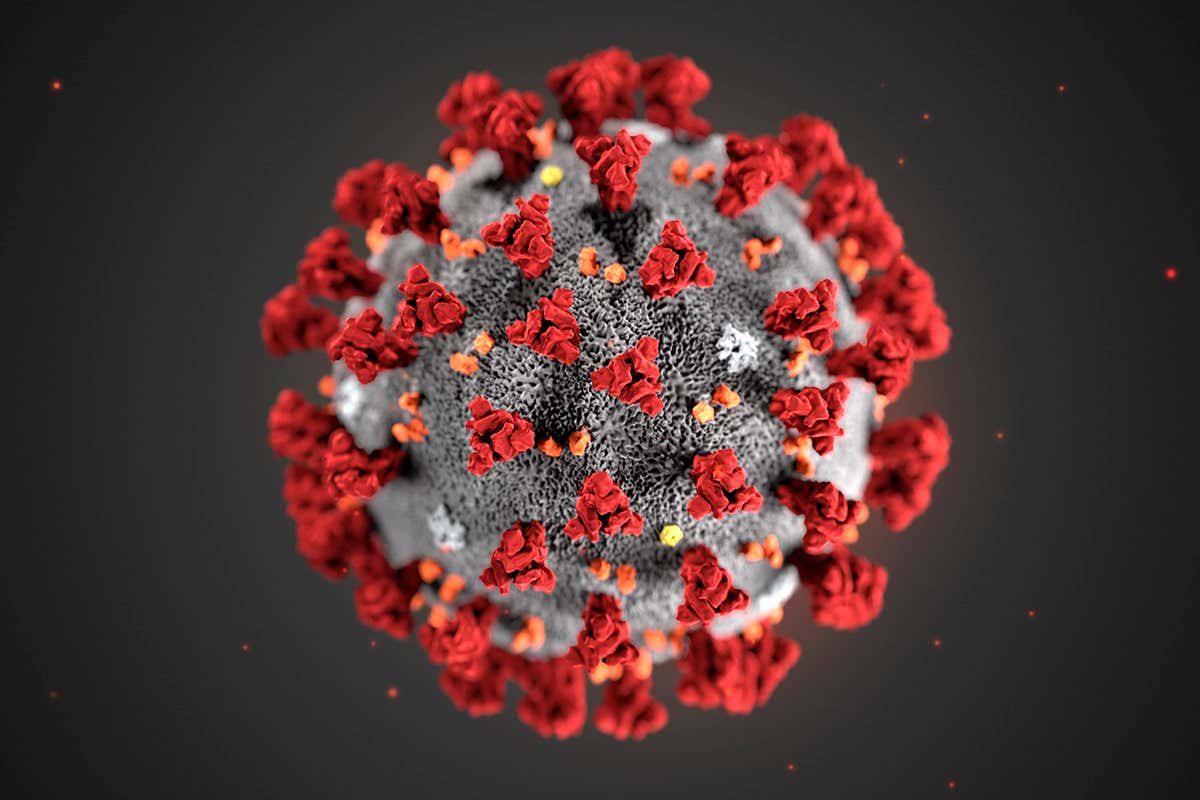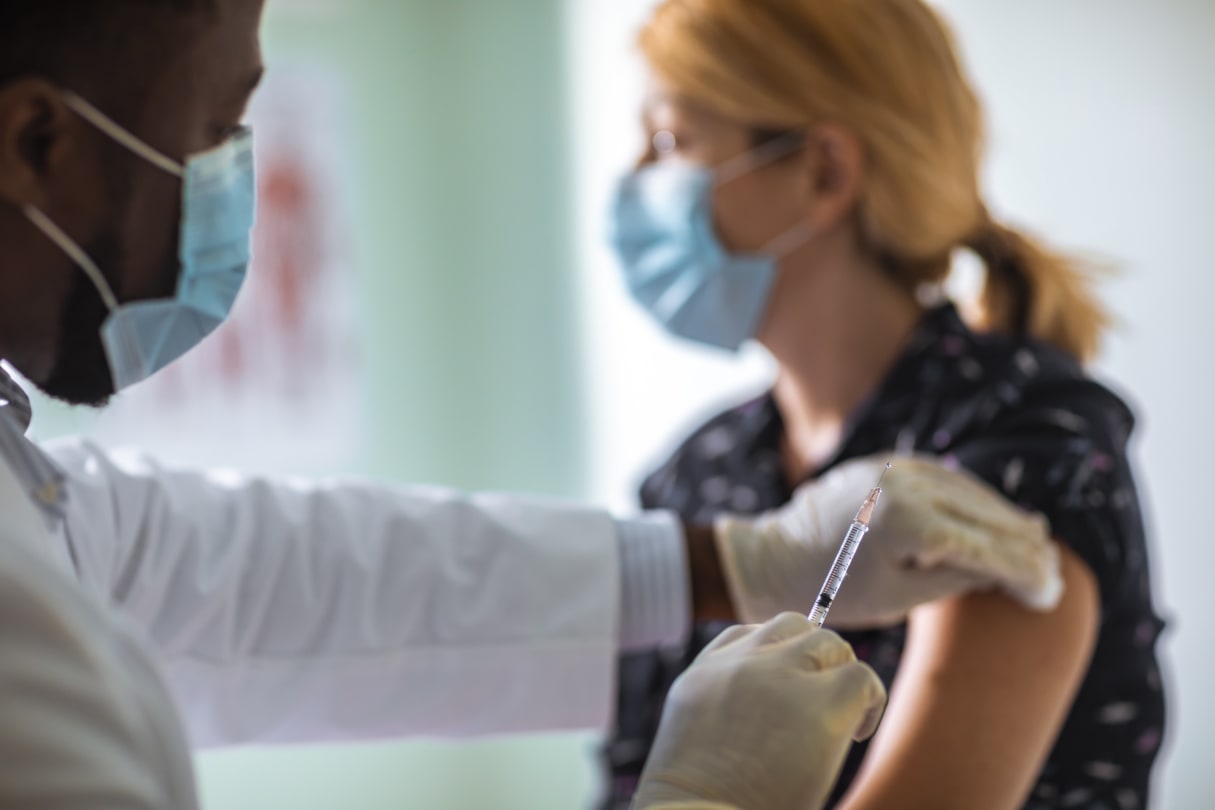- Joined
- May 27, 2010
- Messages
- 2,970
Why would they? to prove themselves wrong?The idea that a vaccine booster is necessary for all people doesn’t make medical sense. Boosters should target the demographic that typically doesn’t generate enough antibodies. If our government wants to give a booster to all healthcare workers and teachers (CDC statement yesterday) then why aren’t they doing antibody studies to show waning or non production of antibodies is correlated with increasing breakthrough infections for younger people?
Except once again, that's not true.Why would they? to prove themselves wrong?Same reason they don't wanna let the public know that natural immunity is way better than the vaccine.



 directorsblog.nih.gov
directorsblog.nih.gov
I believe they are.then why aren’t they doing antibody studies to show waning or non production of antibodies is correlated with increasing breakthrough infections for younger people?

plus a flu jab
I had the flu jab last Friday at noon and by 1:30 felt crappy and slept from then throughout almost the entire weekend. Had chills, hot flashes, muscle aches. This is the first time in decades that I reacted to the flu vaccine.
Nightmare! Currently I have a dead arm on the COVID side and armpit pain on the flu side, hope I’m ok tomorrow
Ugh. If that were me, I'd be abed and someone would be serving me delectable goodies and catering to my every whim until my arms were functional which would probably take a really long time...I hope you are feeling better tomorrow.
I had the flu jab last Friday at noon and by 1:30 felt crappy and slept from then throughout almost the entire weekend. Had chills, hot flashes, muscle aches. This is the first time in decades that I reacted to the flu vaccine.
Was this the normal yearly flu vaccine?
Moderna has been approved for booster shots? I missed that and have been waiting for the green light to get mine.
For people with moderately to severely compromised immune systems, the CDC did say Pfizer or Moderna is ok as a booster.
Oh, no worries - it is confusing. As a public health researcher, I am even challenged to understand the nuances sometimes. We’re all just feeling our way through this very unique situation!Thanks. I deleted my post because after I posted I looked up current info. I made the incorrect assumption that its release for immunocompromised also meant it was approved for everyone. Sorry.

The booster dose of Pfizer is still under an emergency use authorization (EUA) and federal agencies are expected to weigh in on boosters for the Moderna and Johnson & Johnson vaccines at a future time. In granting the EUA for a Pfizer booster, the FDA says it analyzed safety data from the vaccine’s original clinical trial as well as real-world data on its efficacy over time from sources including Pfizer, the CDC, United Kingdom, and Israel“People get confused—or they think something is wrong—when guidance changes with COVID-19, but we have to remember that we are learning about this as we go.”
— Albert Shaw, MD, PhD, Yale Medicine infectious diseases expert
We are right back to confusing and contrary messaging.
Not that we ever left it totally but now its just at stupid level again.
Get a booster, no dont get a booster, next week, next month, six months,8 months,next year, other countries already doing them. oh my. I dont think this could be any bigger of a cluster*bleep* if they tried.
No one should care what "who" says.Who exactly makes the global pandemic rules? Even the national ones? What did the Constitution have to say about this? Would all the angry America-First'ers really want this decision to be made one-size-fits-all for all nations by the WHO? Would they follow that global advice?
There is some good faith that must exist on both sides -- rule-makers and rule-followers. I really struggle with people who complain about the inconsistent vaccine/booster/mask/distancing messaging over time. We now know how this has evolved -- but no one knew at the outset. Part of the reason this pandemic has been so unpredictable is the unfathomable stupidity of half the "rule-followers."
This is science, not marketing. "Consistent messaging" is not a goal in science.
First we were told to turn off the lights. Then we were told to switch to CFL. Then we were told to switch to LED. It's kinda like that. Why didn't they just tell us to switch to LED in the first place? Because that bulb did not exist in a form factor or price-point amenable to mass implementation.

